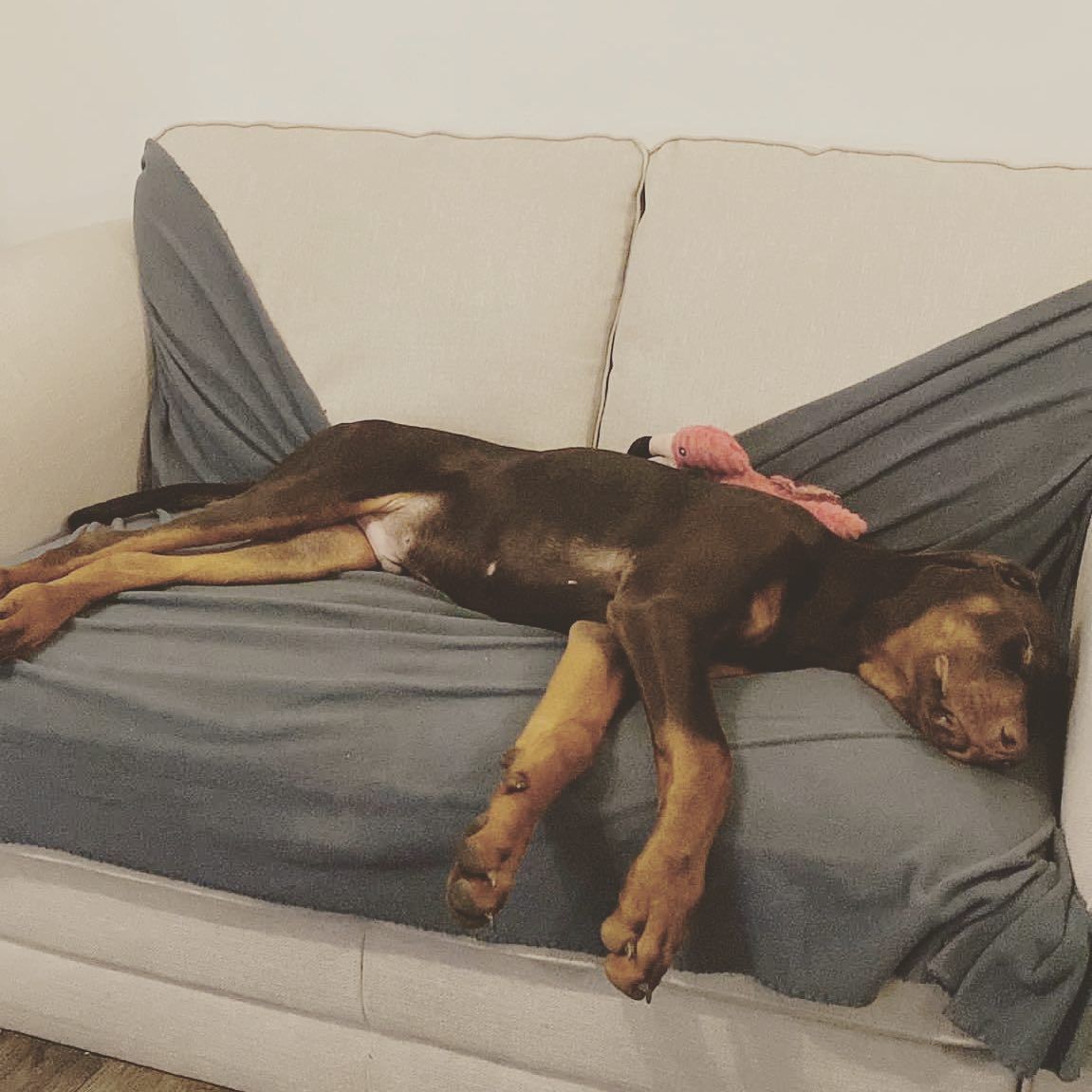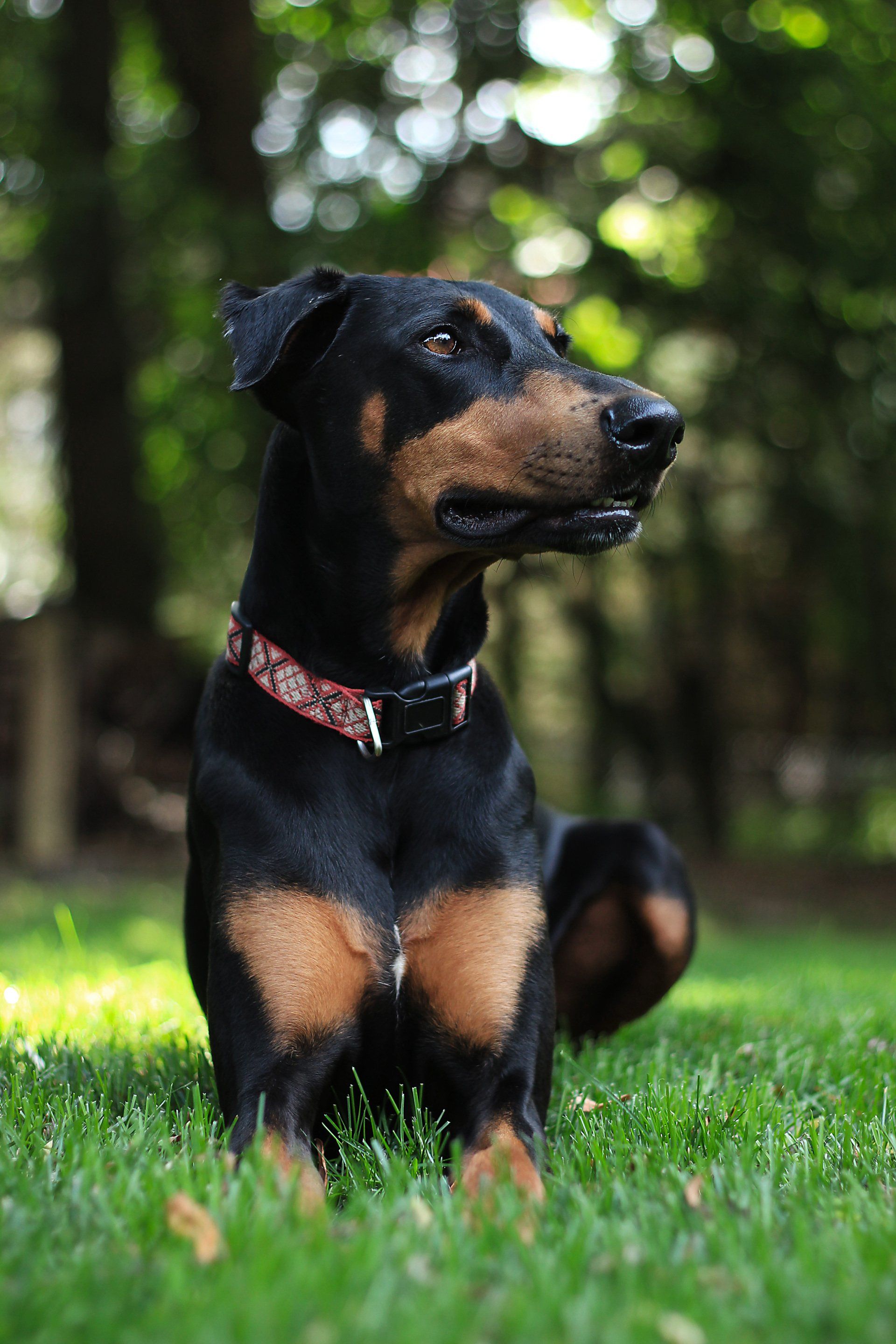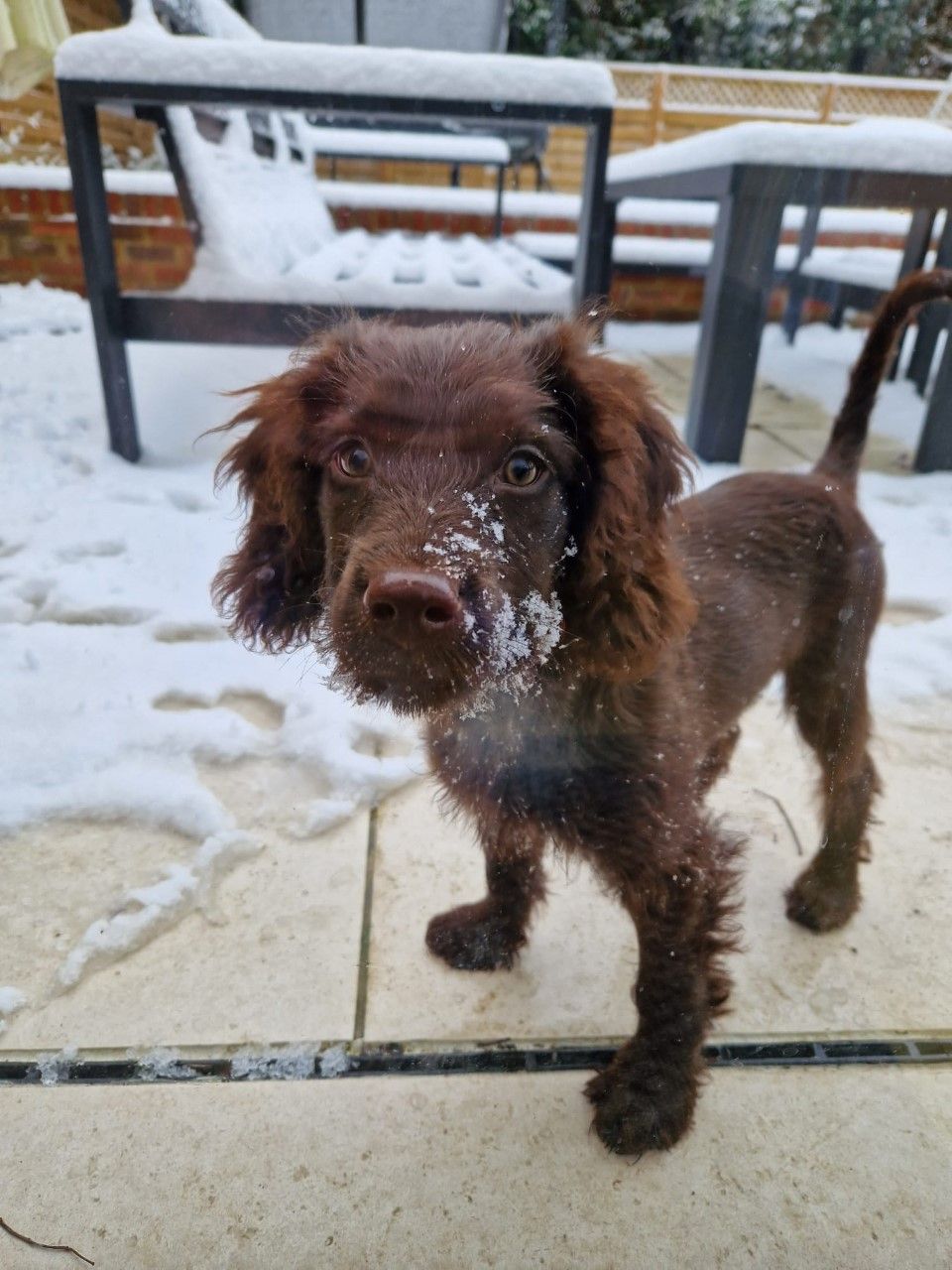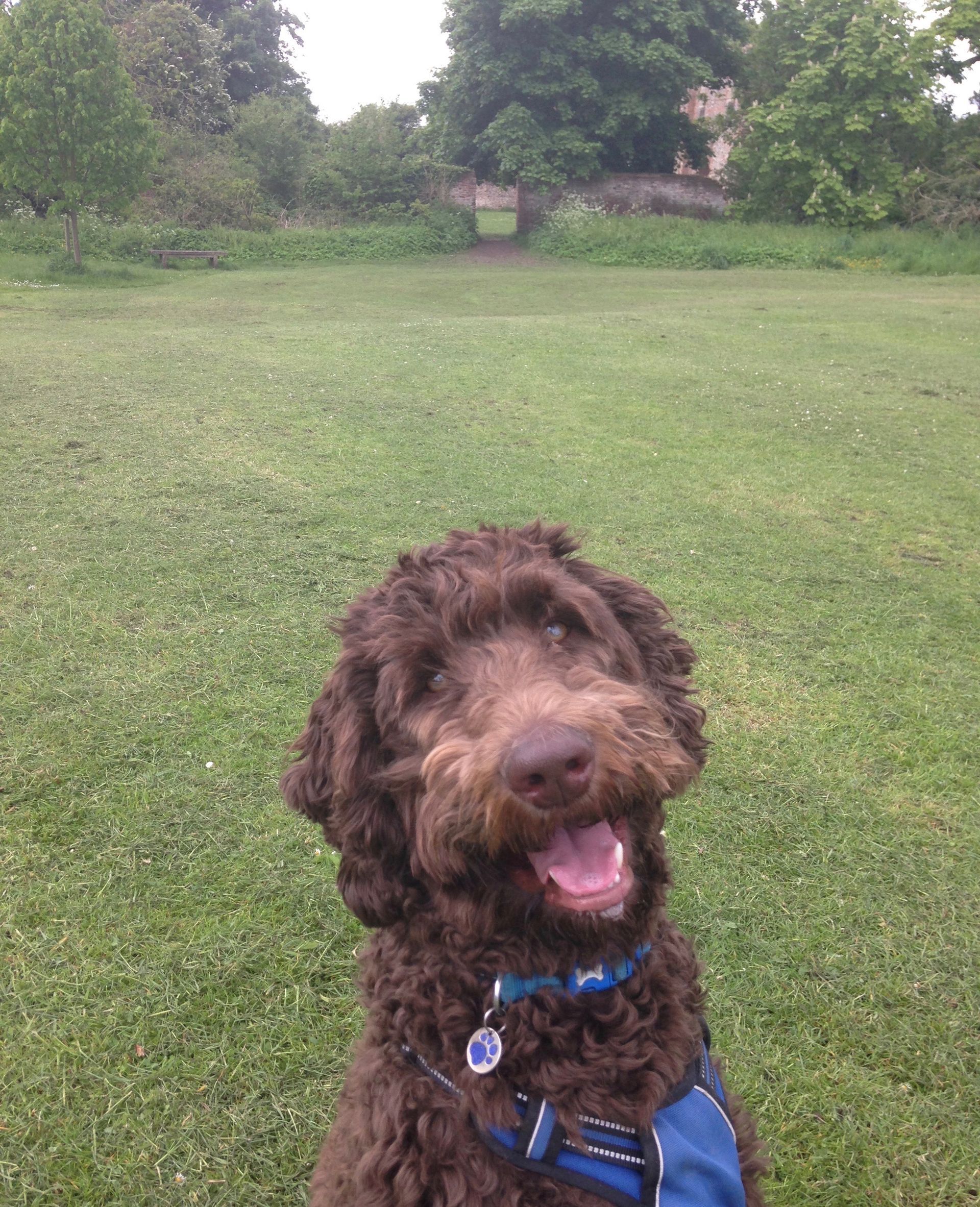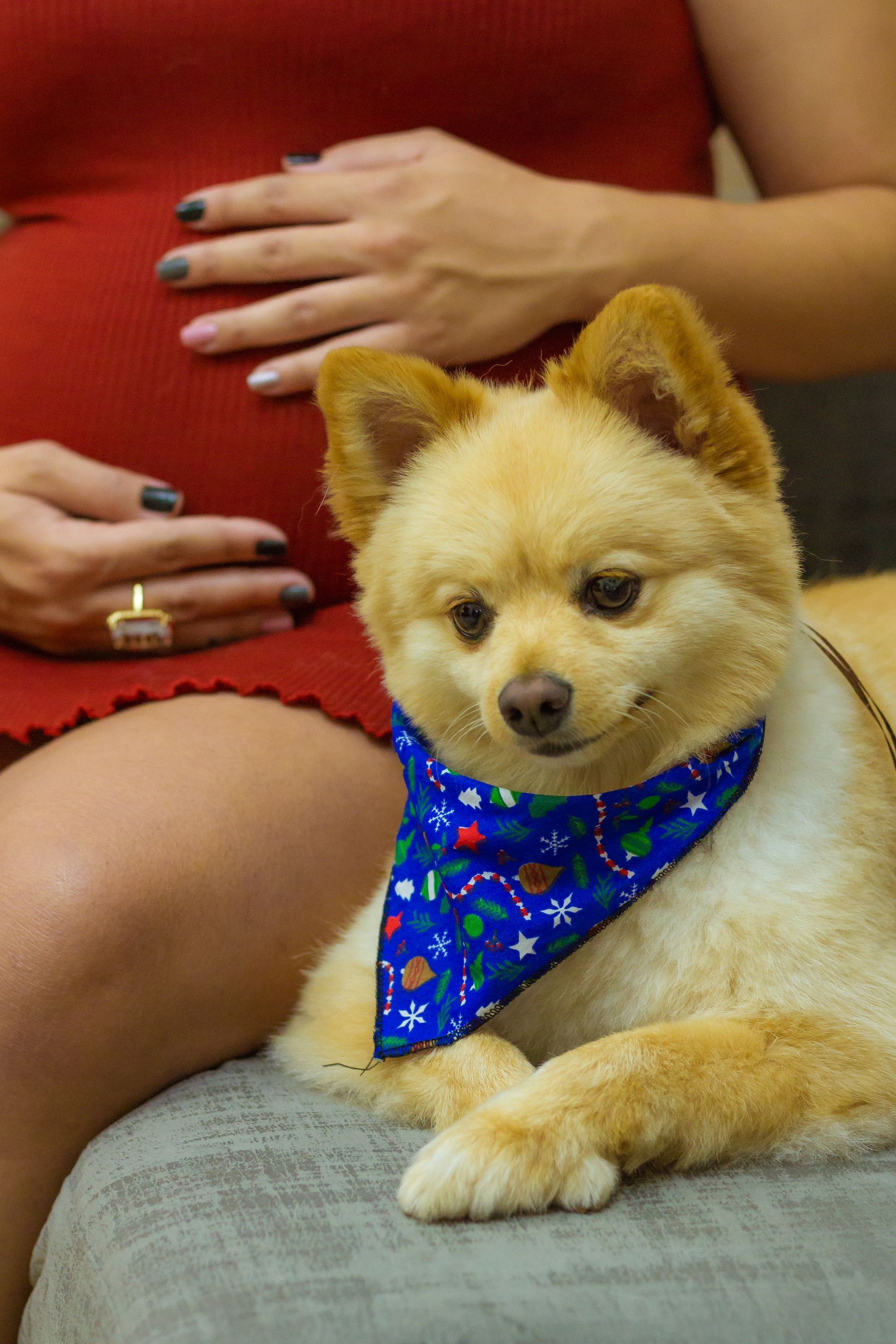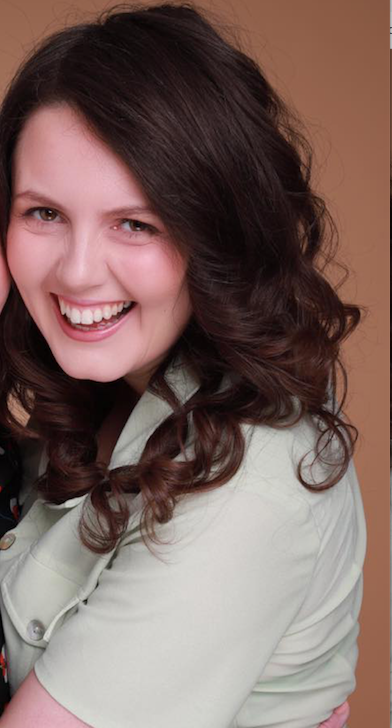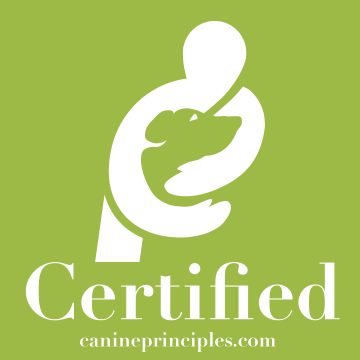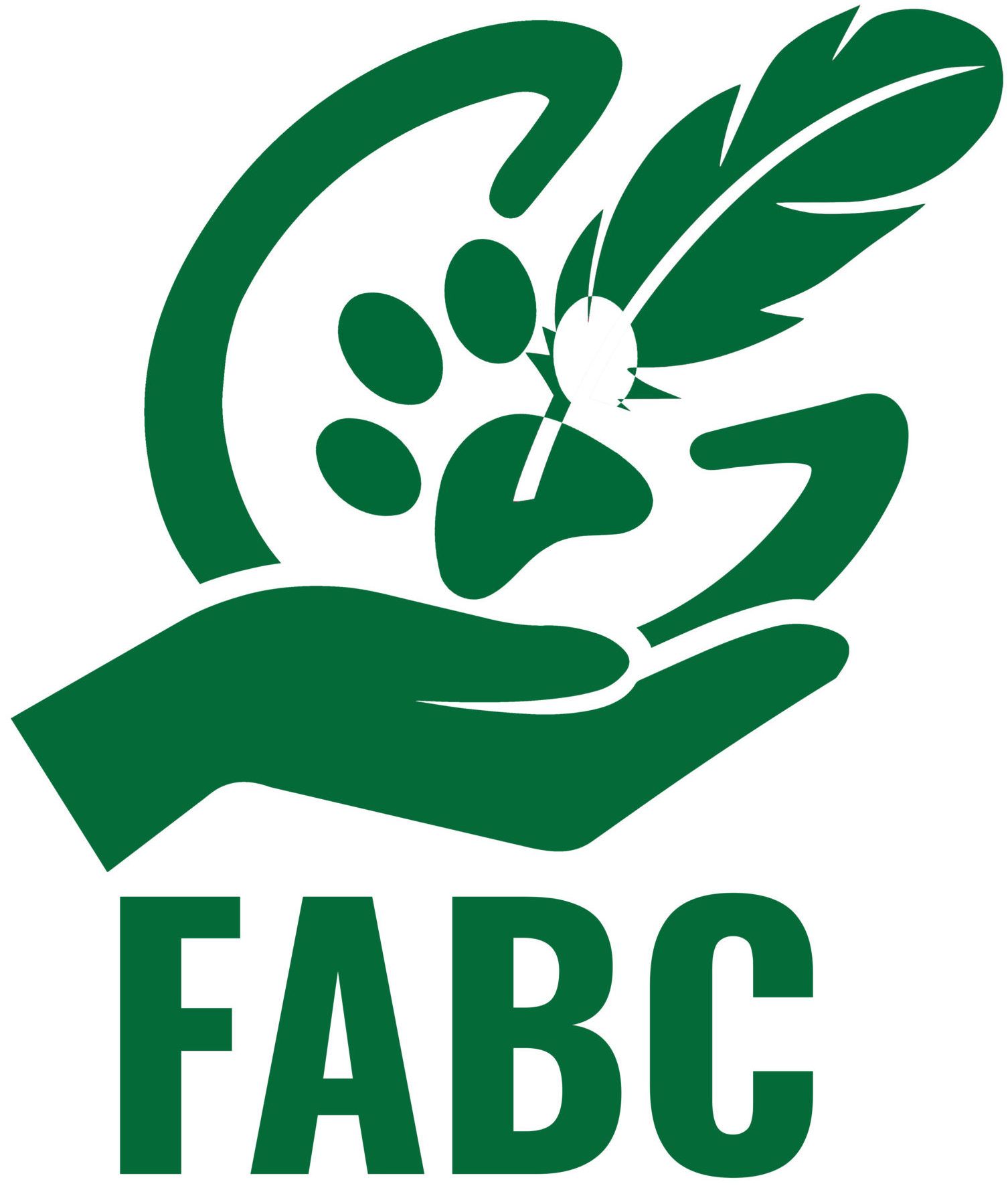What to do when you're struggling
You may feel like you’re the only person having challenges with your dogs and your alone but that won’t be the case!
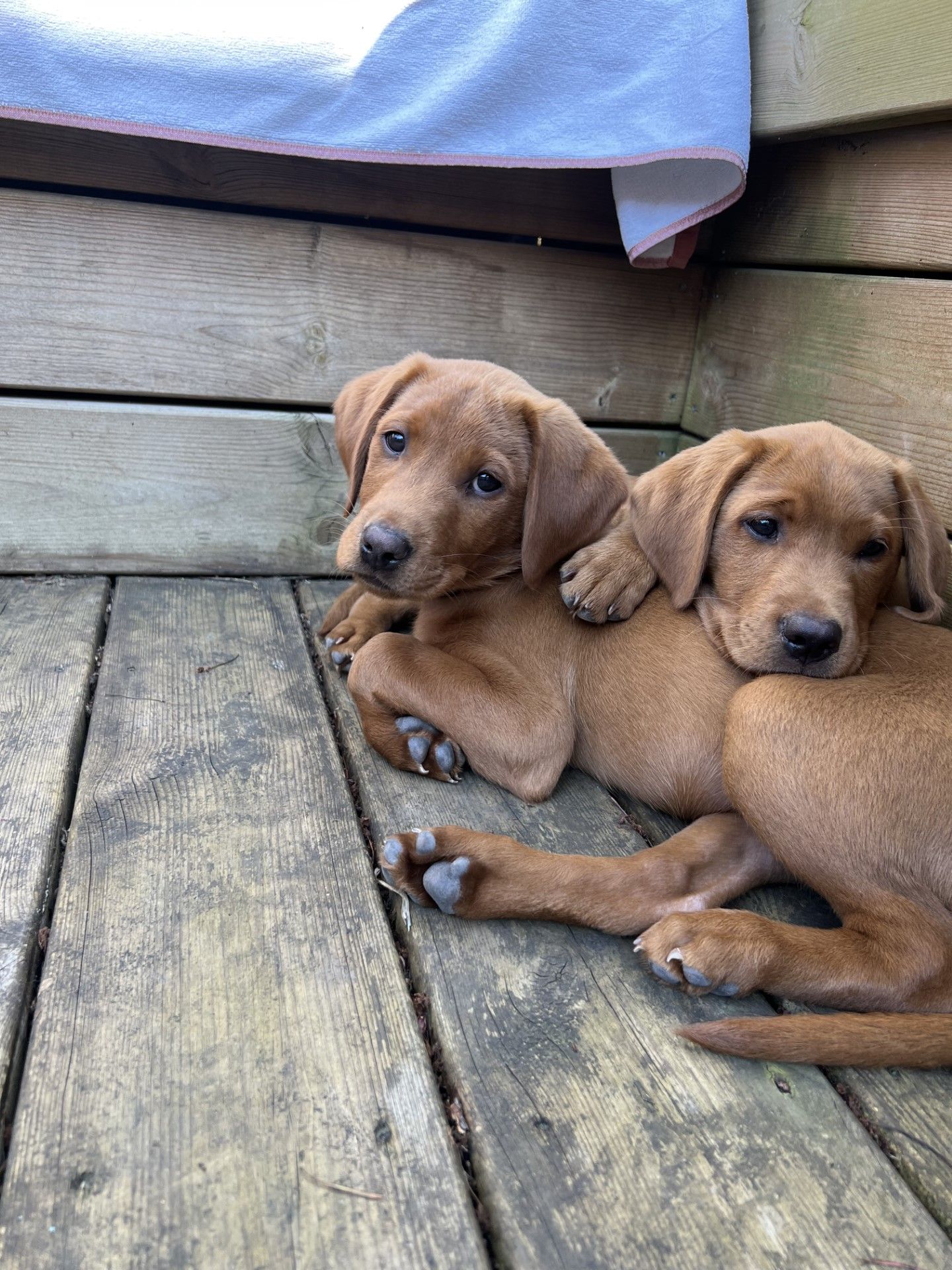
Add sleepless nights with a new puppy, cleaning up their accidents, being their comforter and chew toy can be overwhelming. Adding this to the extra strains in our own lives can lead to stress and burnout.
Having a puppy is hard work. Really hard. It’s not your fault that you feel stressed with it. Lots of people may give advice, and although it’s well meaning may be irritating.
So what can you do? Try this guidance below..
1. Start by not comparing your puppyhood experience with others.
Puppies have different temperaments, two puppies from the same litter can have different personalities. While it can be easy to think that every person on Instagram has everything together you need to remember that it’s just a snippet and highlight of their lives, that they want to share.
2. Accept that you cannot be everything.
Remember you cannot pour from an empty cup and you’re doing the best you can. Perfection isn’t helpful. You only need to train or manage the behaviours that are going to benefit your puppy the most.
3. Remember that expectations vs reality are different
It’s easy to think that a new puppy will involve trips to the café where they settle calmly in your arms and sleep through the night wrapped up in their blanket. This is often not the case. Puppies can be bundles of energy and explore the world with their mouths. Understanding information about your puppy’s breed and their traits, their early life experience, that they will be teething will help you reset your expectations. It’s life affirming when you understand why your puppy is behaving in a certain way. They have been taken from their mother and siblings and are in a new place, they are at a baby’s stage.
4. What can you do make things better for you?
Have you considered easing the burden by asking for some help from a pet sitter who can come in and help you for a few hours when you have to work or have other commitments? That hour can really help!
5. Get moving
Doing exercise whether that be walking to the café to meet a friend, a run, swim or session on the peloton will help release stress and release endorphins which will make you feel better.
6. Switch off advice
When you are feeling overwhelmed reading advice about what you can or should try can be irritating – hit the snooze for 30 days button. Don’t visit the Facebook groups. It may seem odd that I am suggesting that as I give advice but sometimes it can really help! Getting information from all angles can leave you feeling confused and worried whether you’re doing the right thing. Read a funny book instead or watch some comedy!
7. Support
This is a huge one. Having a support network where you can just offload can make you feel ten times better. Do you have friends with puppies that you can talk to? Is there a meet up group you can join? Or can you meet people at a puppy class? Do you have a partner or family member you can ask for help. Having a network can really help you feel better and remind you that you’re not alone.
8. Check your diet and daily activity budget
Are you making time for yourself - I know this can be hard with a new puppy but can you carve out some time? Are you drinking eating and getting out in nature enough? Staring at the four walls can make you feel worse.
The most important thing to remember is you’re not alone and lots of people will be having the same experiences as you. It’s not what you’ve done it’s how you’ve moved forward.




